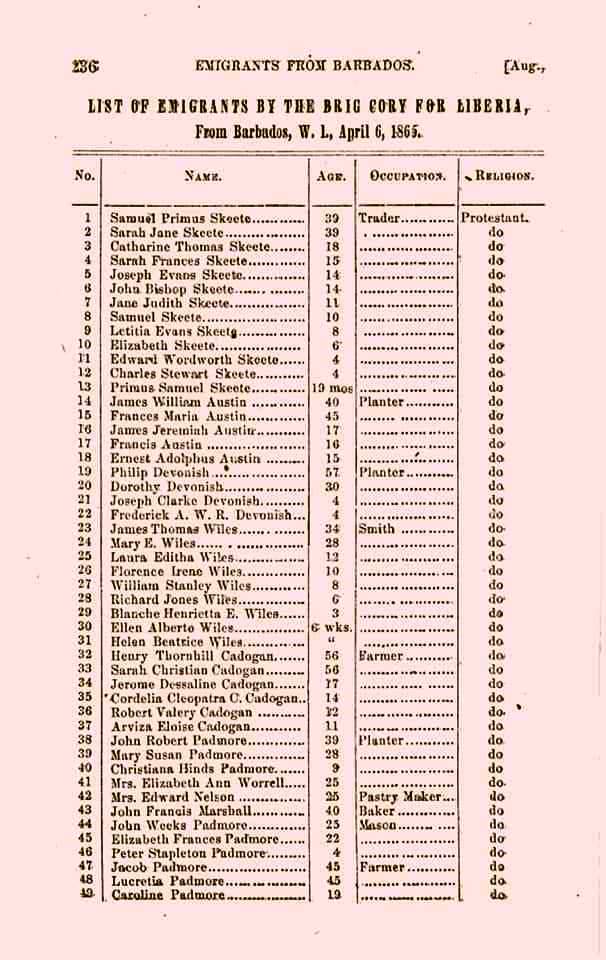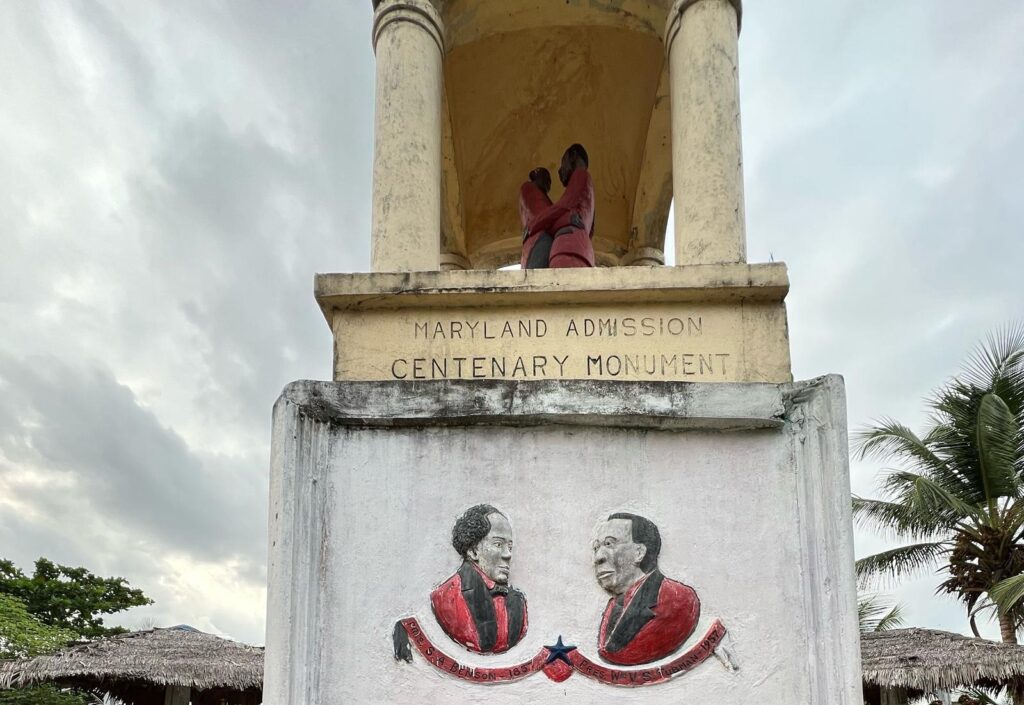By: Rocheford T. Gardiner| Contributing Writer
Harper, Liberia –Monday, August 18, 2025- A groundbreaking initiative founded in 2020 is piecing together the scattered histories of a unique transatlantic community. The Cape Palmas Genealogy Project (CPGP) is dedicated to bridging the historical and genealogical gaps between the descendants of free and formerly enslaved people of African descent who emigrated to Maryland County, Liberia and their relatives still in the USA, Caribbean, and across Africa. This ambitious project serves as a vital tool for preserving a rich heritage and celebrating the resilience of these communities.
A Journey Back in Time
The history of Cape Palmas (in Maryland County, Liberia) is deeply woven into the complex narrative of the African diaspora. In the early 19th century, with the support of organizations like the American Colonization Society, thousands of free African Americans and formerly enslaved individuals sought a new beginning on the West African coast. Liberia was founded on the principle of a new homeland, and Maryland County, particularly Cape Palmas, became a significant settlement for these emigrants. CPGP aims to uncover and document the stories of these pioneers, tracing their lineages forward and backward across the Atlantic.
The project is more than an academic exercise; it’s a testament to the enduring spirit of families separated by time and geography. By reconnecting descendants with their ancestral roots, the CPGP fosters a profound sense of belonging and community.
Mission and Methodology
The primary goal of the CPGP is to identify and connect family links across continents. To achieve this, the project focuses on several key objectives:
- Preserve Heritage: By building comprehensive family trees, the project documents and safeguards the unique histories and cultural identities of these families for future generations.
- Foster Connections: Reconnecting living descendants with their ancestral roots helps forge powerful personal and communal bonds.
- Educate and Inform: The project provides crucial educational resources about the history and contributions of these communities, enhancing public understanding and appreciation of their legacy.
To untangle these complex family webs, the CPGP employs a multi-faceted approach that blends traditional research with modern technology. Their methodology includes meticulous archival research, poring over historical records like ship manifests, census data, and personal letters. This is complemented by modern DNA testing, which can scientifically establish biological connections between individuals who might otherwise never have known they were related. Crucially, the project also gathers oral histories, collecting stories and precious memories from community elders to add rich, personal context to the genealogical data.
The CPGP has hundreds of names of the first arrival of settlers from the Americas. Unlike the group that landed at Providence Island in what is now known as Monrovia, many of those that came to Cape Palmas were facilitated by the Maryland State Colonization Society.

A Global Impact
Since its inception, the CPGP has made significant strides, facilitating emotional reunions and providing countless individuals with a deeper understanding of whom they are and where they come from. Beyond personal discovery, the project seeks to contribute to the broader narrative of the African diaspora by educating a global audience about the rich cultural and social fabric of Liberia and its historical connections to the Americas.
The work is driven by a dedicated team, including key figures like Huroye Scott, Dr. Millie Brooks-Peters, Susan Cooper, Eunice Millie, Dr. William Hare, and Araba Esther Hamilton, whose efforts are central to its success.
The Cape Palmas Genealogy Project stands as a beacon of hope and a powerful reminder of the unbreakable connections that bind us across time and space. By celebrating the histories of those who, with a zest for life, journeyed to Maryland County, the CPGP not only honors their legacy but also strengthens the bonds between their descendants around the world.
Meanwhile, availing oneself for the testing is strictly voluntary and the Project owners have not indicated that there will be fees attached. However, it is still not clear how many generations back, the DNA tests will be able to trace and the eligibility of willing candidates – as the fact remains that many of the free slaves that settled around the Cape Palmas area – adopted “intermarriages.”
This was especially prominent after the numerous wars between settlers and the tribal people (mostly Grebos) who they met on the ground.
It must be noted, though, that Maryland County is the only place in Liberia where settler-tribal wars were settled through a comprehensive peace accord, which subsequently culminated into the construction of an obelisk, containing a hollow portion where two statutes stand. This monument still exists today at the shores where many slave ships arrived.




2 Comments
Private yacht tour Istanbul Bosphorus cruise views were breathtaking. https://organik-zeytinyagi.com/?p=13629
Познание английского с юного возраста является необходимым.
На этом этапе мозг ребёнка быстро усваивает новые знания.
Первичное погружение с иностранной речью укрепляет воображение.
Помимо этого, ребёнку гораздо проще воспринимать другие языки в будущем.
Навык английского предоставляет широкие горизонты в учёбе и жизни.
Таким образом, освоение с детства английского становится основой будущего.
http://195.2.70.236/threads/posovetujte-gde-podobrat-dostojnye-shkolu-anglijskogo-dlja-rebjat-do-shkoly.914/